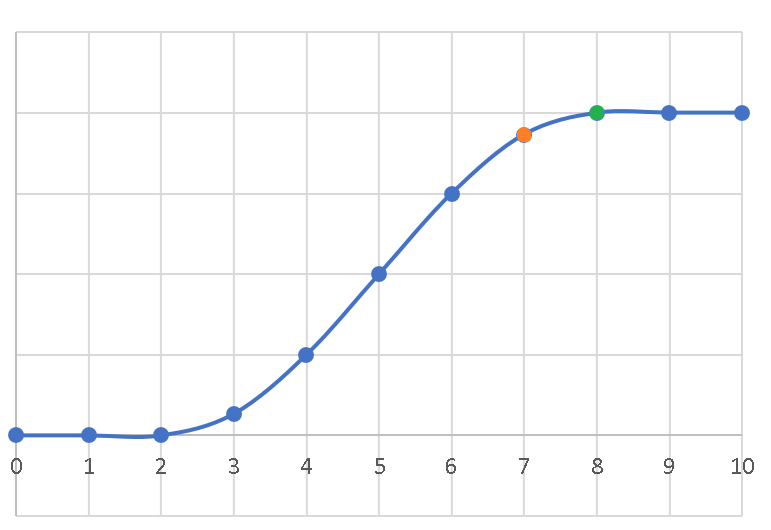Talk:RadiMation Application Note 106: Difference between revisions
Jump to navigation
Jump to search
(Created page with '== Goal == To explain how the parameters of the powermeter configuration can be used to retrieve stable powermeter readings == Todo == # Include a screenshot of the powermeter p…') |
(→Image) |
||
| (2 intermediate revisions by 2 users not shown) | |||
| Line 3: | Line 3: | ||
== Todo == | == Todo == | ||
# Include a screenshot of the powermeter parameter settings | # V Include a screenshot of the powermeter parameter settings | ||
# Explain the purpose of the possible parameters | # V Explain the purpose of the possible parameters | ||
# Explain the different between levelling and monitoring | # V Explain the different between levelling and monitoring | ||
# Explain tips and tricks on how to determine better measurement parameters | # V Explain tips and tricks on how to determine better measurement parameters | ||
# Explain that the change is caused by the slowness of the powermeter but also by the slowness of the signal generator | # V Explain that the change is caused by the slowness of the powermeter but also by the slowness of the signal generator | ||
# Include a picture of the Marconi power change when the carrier is changed, measured using the radipower envelope mode. | # ? Include a picture of the Marconi power change when the carrier is changed, measured using the radipower envelope mode. | ||
#* Do a levelling test. Signal generator carrier going up and down a lot? => Too fast. Slow it down | # V * Do a levelling test. Signal generator carrier going up and down a lot? => Too fast. Slow it down | ||
#* Slow measurements => Make it faster, but check (see at previous point) that it is not too fast | # V * Slow measurements => Make it faster, but check (see at previous point) that it is not too fast | ||
#* Use the device specific input measurement to get 'internal' information of the levelling measurement in the powermeter | # * Use the device specific input measurement to get 'internal' information of the levelling measurement in the powermeter | ||
== discussion == | == discussion == | ||
* Should we also handle the same information for the fieldstrength sensor in the same application note, or should we create a separate application note for almost the same information for the fieldstrength sensor? | * Should we also handle the same information for the fieldstrength sensor in the same application note, or should we create a separate application note for almost the same information for the fieldstrength sensor? | ||
== Image == | |||
An image seems to be present that shows a changing input, and the measured values. | |||
See: | |||
[[File:MeasureLoop.png]] | |||
However that file is not used in this applicatin note. | |||
Latest revision as of 13:16, 27 October 2020
Goal
To explain how the parameters of the powermeter configuration can be used to retrieve stable powermeter readings
Todo
- V Include a screenshot of the powermeter parameter settings
- V Explain the purpose of the possible parameters
- V Explain the different between levelling and monitoring
- V Explain tips and tricks on how to determine better measurement parameters
- V Explain that the change is caused by the slowness of the powermeter but also by the slowness of the signal generator
- ? Include a picture of the Marconi power change when the carrier is changed, measured using the radipower envelope mode.
- V * Do a levelling test. Signal generator carrier going up and down a lot? => Too fast. Slow it down
- V * Slow measurements => Make it faster, but check (see at previous point) that it is not too fast
- * Use the device specific input measurement to get 'internal' information of the levelling measurement in the powermeter
discussion
- Should we also handle the same information for the fieldstrength sensor in the same application note, or should we create a separate application note for almost the same information for the fieldstrength sensor?
Image
An image seems to be present that shows a changing input, and the measured values.
See:
However that file is not used in this applicatin note.
